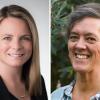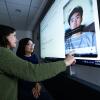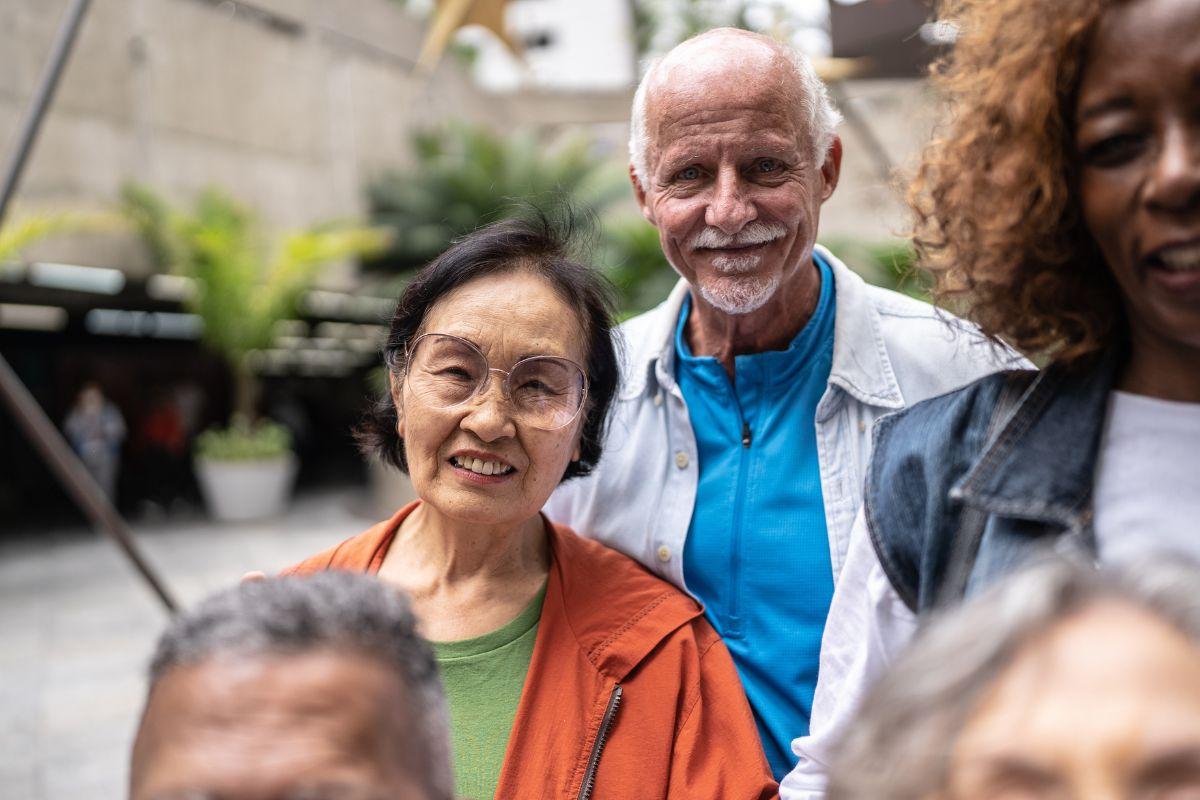
UCSF Experts Lead First-of-its-Kind Statewide Study Exploring Health and Well-Being of LGBTQIA+ Older Adults
As California’s population ages, UCSF School of Nursing researchers are working to understand the current and future needs of the state’s LGBTQIA+ older adult population. Their work will guide state leaders in designing new and enhanced supports for older Californians.
In "From Challenges to Resilience," a first-of-its-kind statewide survey, the School of Nursing partnered with the California Department of Aging, CITRIS and the Banatao Institute at UC Berkeley, Openhouse and the Center for Advanced Study of Aging Services at UC Berkeley. Together, they surveyed more than 4,000 LGBTQIA+ Californians who are 50 years and older.
The results from this report will inform California’s Master Plan for Aging, a 10-year blueprint designed to help state and local governments prepare for a coming demographic change. By 2030, nearly 10 million Californians will be 60 years of age or older, according to the California Department of Finance. Per the UCLA School of Law Williams Institute, about 5% of these mid-life and older adults identify as lesbian, gay, bisexual, transgender, queer, intersex, asexual or sexual and/or gender minority.
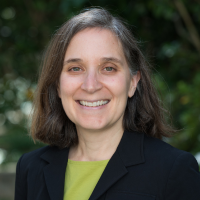
The idea for a community-informed, multilingual survey came in response to a need raised by California’s older LGBTQIA+ adults, said Annesa Flentje, PhD, professor and co-principal investigator on the study. “They saw there was a need to understand the baseline health data of this population to better identify what services are needed now, what will be needed in the future and how to fill in those gaps.”
Addressing an Aging Population’s Needs
This is critical as California’s population trends older, added Carol Dawson-Rose, PhD, RN, FAAN, dean and associate vice chancellor for Nursing Affairs in the School of Nursing and co-principal investigator on the study.
“We have such a large aging population, and how to support LGBTQIA+ adults best hasn’t been sufficiently asked at a state level,” Dawson-Rose said.
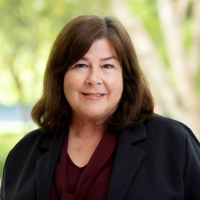
While some concerns about aging will be similar across different populations, LGBTQIA+ adults have had distinct challenges that often lead to higher rates of chronic mental and physical stress. “LGBTQIA+ people have had a unique life trajectory, which has been shaped by legal policies and laws that made resources unavailable to them for most of their lifetimes,” Flentje said, like not having workplace protections and access to appropriate medical care. For many, the majority of their life was lived during a time when same-sex marriage was not legal which means they were subsequently excluded from enjoying the rights and financial benefits marriage provides, such as the ability to stay with partners in health care settings and inherit estates without tax penalties.
This population also lived through the worst of the AIDS crisis and most likely experienced its repercussions, whether or not HIV positive themselves, like losing friends and chosen family, or both.
“It’s really important to think of this population differently because they’ve been treated differently over time, and understand how all those years of impacts may generate different needs in terms of social support and economic tools,” Flentje said.
Identifying Where to Fill in the Gaps
In the survey, researchers found that 86% of respondents reported a high quality of life. However, 14% said their quality of life was fair or poor. That’s especially true for people of color (18%) and transgender/gender expansive adults (22%).
The report also found that 23% of respondents said their physical health was fair or poor, and that 17% were living with HIV, which can be managed but requires time and health care access.
Cognitive impairment is an issue, with 15% of respondents saying they were experiencing worsening confusion or memory loss, though researchers suspect the percentage is much higher since this was a self-reported statistic, not observed by medical professionals.
Economic well-being is also a challenge for this population, with 26% reporting financial insecurity. Discrimination, including in employment, continues to be an ongoing problem. The report found that 19% of older LGBTQIA+ adults reported experiencing an abusive or threatening situation in the last year, but 79% did not report these incidents to authorities. They listed a range of reasons for not doing so, including lack of trust in authorities specifically regarding their ability to be fair (21%), shame (21%) and not knowing how to report these incidents (15%).
Mental health also continues to be a concern. One in five survey respondents rated their mental health as fair or poor, with one in ten (11%) reporting serious thoughts of suicide within the past year. These rates were higher among transgender/gender expansive respondents (16%), particularly transgender women (18%).
“There’s a lot we can be doing to help people in these high-risk situations,” said Flentje.
Mapping a Supportive Path for California’s LGBTQIA+ Population
In addition to survey results on additional topics like unmet dental care, financial assistance, counseling, medical health services and mental health services, the report also proposed detailed recommendations and steps that can be taken to respond to current and future needs.
“This survey marks an important step in understanding the unique needs of LGBTQIA+ older adults, allowing us to take meaningful steps in shaping services that truly reflect and respond to this community,” said Susan DeMarois, California Department of Aging director. “We’re proud that so many respondents feel California offers a high quality of life, and we are committed to building on these strengths by addressing barriers and creating a more inclusive, supportive future for all older Californians.”
Asking these questions is crucial to make a difference for older LGBTQIA+ adults now, and in the future. “Folks who are working in this area and around this particular population really haven’t asked these questions before at the state level,” said Dawson-Rose. “What do we need to know? Are there different concerns? We were trying to get more nuanced information about this group who has been understudied.”

